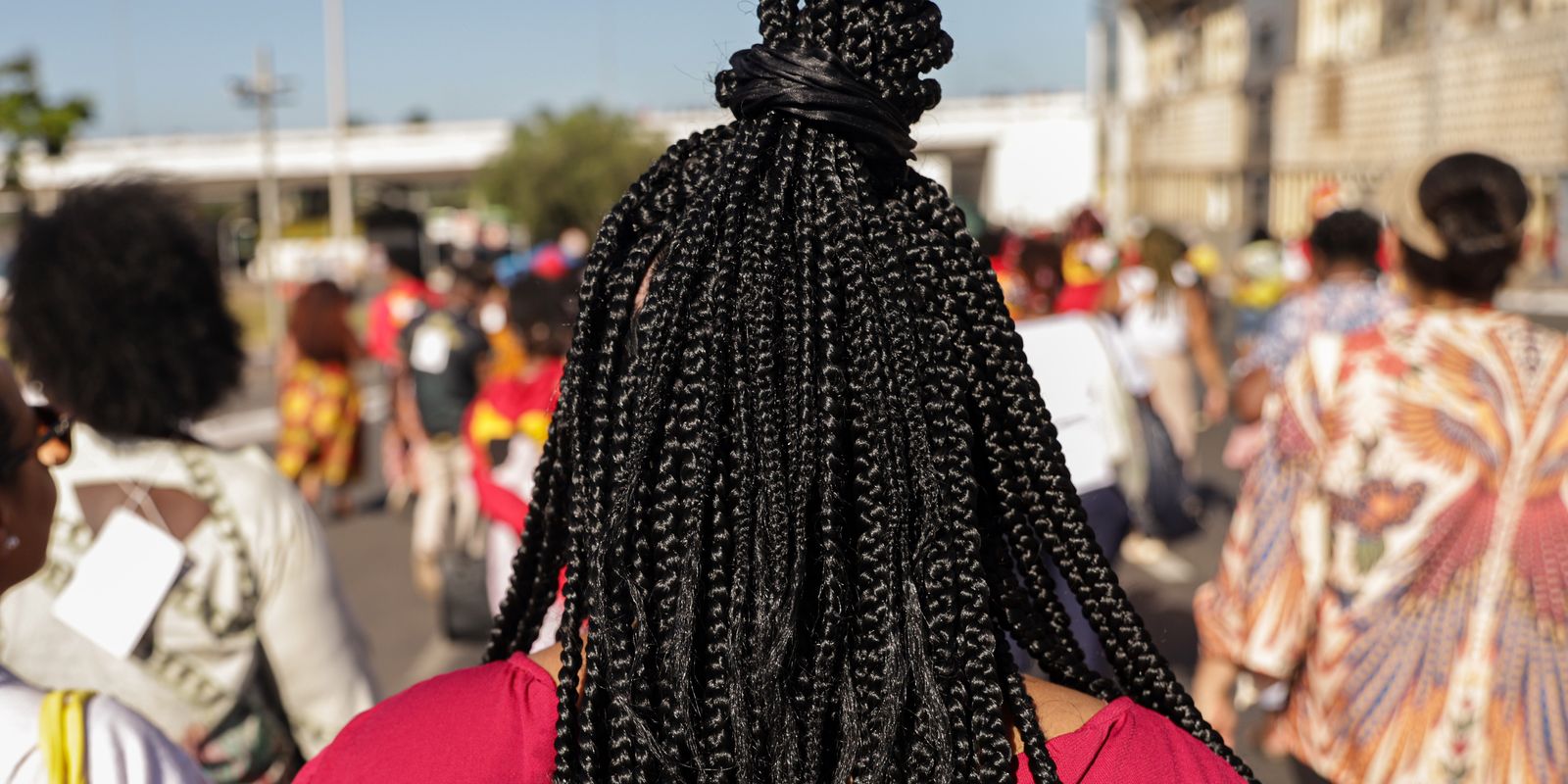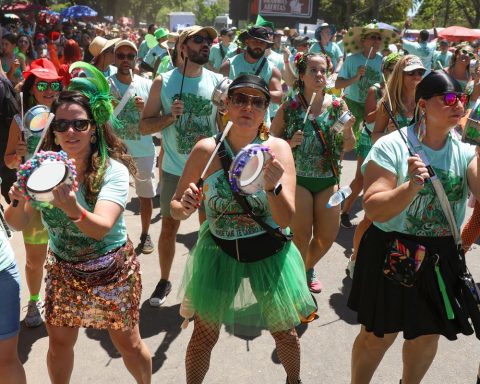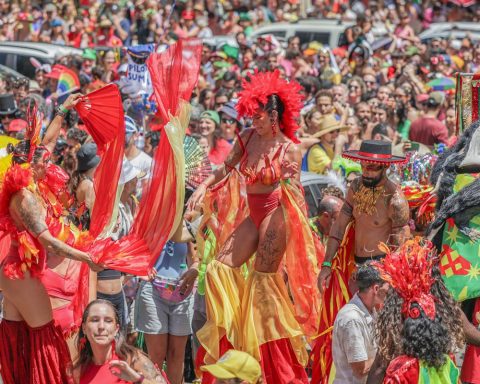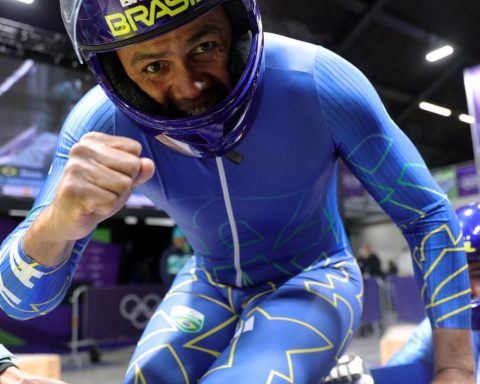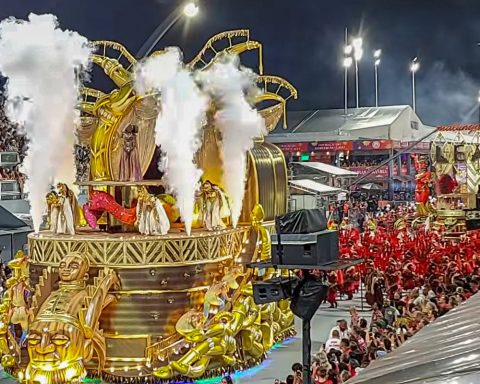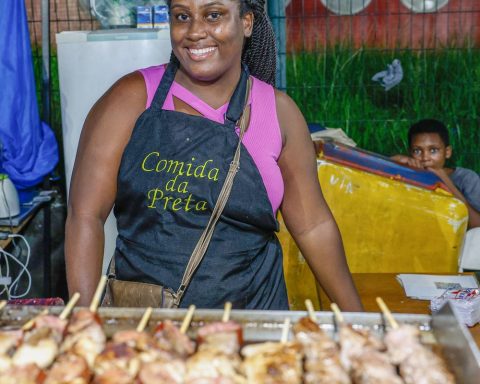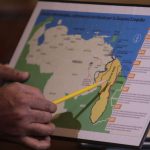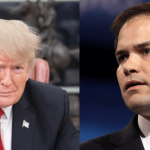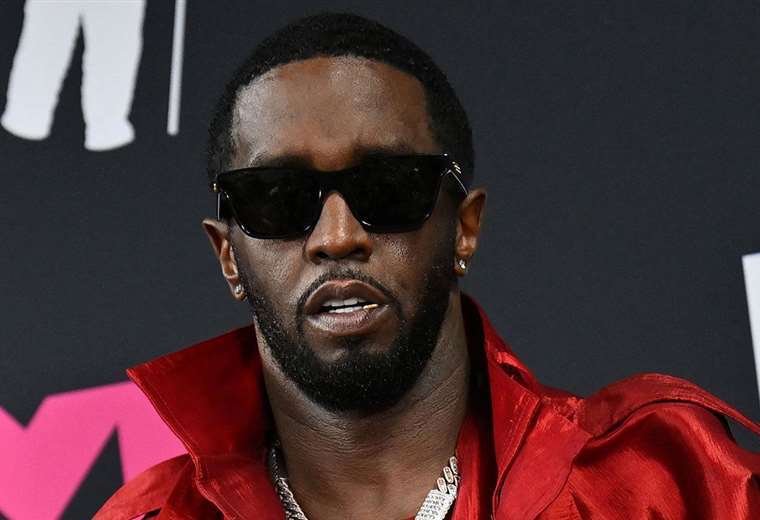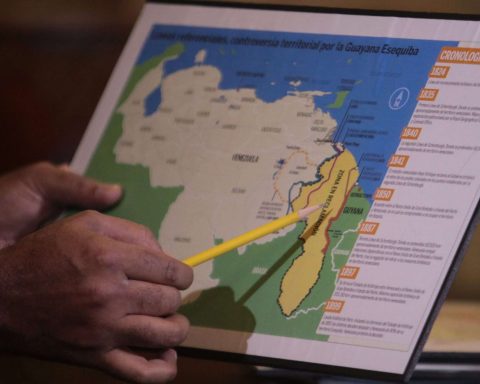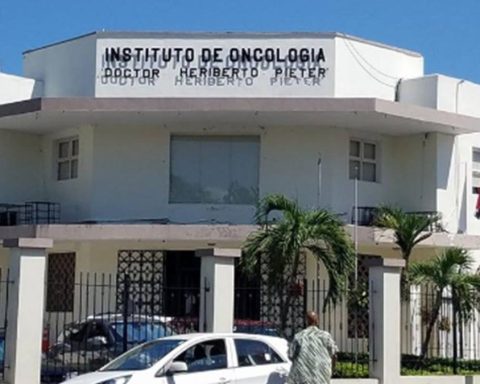Candidates who declared themselves quilombolas won the mayoral elections in 17 municipalities, according to data from the Superior Electoral Court (TSE).
The majority of those elected are men (15), while there are two women in the group. As for the color declared to the TSE when registering the candidacy, there are eight black people, six brown people and three white people.
The municipalities that elected these candidates are in the North, Northeast, Southeast and Central-West regions. No quilombola was elected mayor in cities in the South Region.
The state of Goiás will have four cities governed by quilombolas: Fernando Cardoso (União) won in Cromínia; Chico Vaca (PL), in Corumbá de Goiás; Vilmar Kalunga (PSB), in Cavalcante; and Ney Novaes (PT), in Professor Jamil.
In Tocantins, three municipalities will have quilombola mayors: Chapada da Natividade, where Elio Dionizio (Republicans) won; São Félix do Tocantins, who elected Gercimar (Republicans); and Peixe, which will have Mayor Cezinha (MDB).
Also elected were: Nivaldo Araújo (PSB), in Alcântara-MA; Valdenir (Mobiliza), in Nova Olinda do Maranhão-MA; Jocivaldo Joci (PT), in Antônio Cardoso-BA; Dr. Arismário (Avante), in Santaluz-BA; Tati Cobra (União), in Borda da Mata-MG; Cilinha (PSD), in Vargem Alegre-MG; Bel Júnior (PP), in Senador Sá-CE; Fabiano Lira (PT), in Brejo do Piauí-PI, Dr. Victor Maruyama (Podemos), in Barra do Turvo-SP; and Aluísio do Teca (Republicans), in Mocajuba-PA.
In the Legislative elections, 262 quilombola men and 72 women won a place in the municipal councils of their cities.
